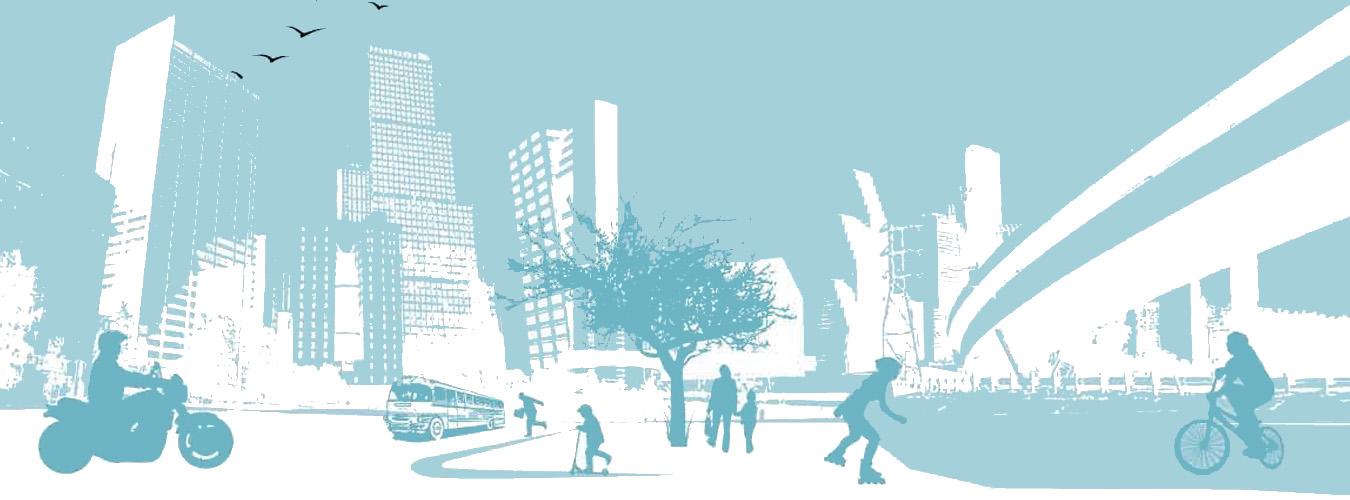An increasing number of people are driven from their homes by crises such as conflict, political instability, climate change, and economic hardship. A record 122 million people are forcibly displaced and - in an increasingly urbanizing world - displacement is becoming an urban phenomenon. Over 60% of internally displaced persons, refugees, and migrants are seeking refuge in cities, putting pressure on local systems. This is accelerating urban growth, while changing territories significantly; making urban crisis response and urban displacement a timely focus for the 2025 World Habitat Day.
2025 Theme: Urban crisis response
World Habitat Day is marked on the first Monday of October each year and is recognized by the United Nations to reflect on the state of towns and cities, and on the basic right of all to adequate shelter.
On 6 October 2025, the Global Observance of World Habitat Day will be linked to urban crisis response. The theme focuses on addressing multiple crises affecting urban areas - including climate and conflicts - that are contributing to inequality, and promotes existing tools and approaches to effective crisis response.
The day will highlight sustainable, scalable, and transformative solutions to urban displacement that help stabilize populations, while promoting prosperity and fostering social cohesion for all. It will put the spotlight on the importance of urban and territorial planning, inclusive urban governance, and the role of local governments in sustainable solutions for displacement.
World Habitat Day 2025 event
Location: Nairobi, Kenya
Event Date: 6 October 2025
Concept note, programme, information for participants, among other details, are available on the UN Habitat site
Background
In 1985, the United Nations designated the first Monday of October of every year as World Habitat Day to reflect on the state of our habitats and on the basic right of all to adequate shelter. The Day is also intended to remind the world that we all have the power and responsibility to shape the future of our cities and towns; its our collective responsibility for the future of the human habitat.
History
World Habitat Day was first celebrated in 1986 with the theme "Shelter is My Right". Nairobi was the host city for the observance that year. Other previous themes have included: "Shelter for the Homeless" (1987, New York); "Shelter and Urbanization" (1990, London); "Future Cities" (1997, Bonn); "Safer Cities" (1998, Dubai); "Women in Urban Governance" (2000, Jamaica); "Cities without Slums" (2001, Fukuoka), "Water and Sanitation for Cities" (2003, Rio de Janeiro), "Planning our Urban Future" (2009, Washington, D.C.), "Better City, Better Life" (2010, Shanghai, China) and Cities and Climate Change (2011, Aguascalientes, Mexico).
Scroll of Honour award
The UN-Habitat Scroll of Honour Award was launched by the United Nations Human Settlements Programme in 1989. It is currently the most prestigious human settlements award in the world.
The Scroll of Honour Award aims to acknowledge initiatives which have made outstanding contributions in various fields such as shelter provision (providing adequate, affordable, and accessible housing), highlighting the plight of the homeless, leadership in post conflict reconstruction, and developing and improving the human settlements and the quality of urban life.
The Scroll of Honour Award recognizes both individuals and institutions that have made outstanding contributions to urban development.
A city is more than bricks and mortar. It is the promise of home."
António Guterres
— Full message
Resources
Websites
- World Habitat Day - official website
- World Habitat Day: Past events
- UN Habitat
- Habitat III Conference
- Global Urban Observatories
- Urban October
- UNESCO
- Sustainable Development Goals
- Goal 11: Cities
- World Cities Day
Documents
- UN General Assembly resolution establishing World Habitat Day (A/RES/40/202)
- The New Urban Agenda (Habitat III)
- Report of the UN Conference on Human Settlements (HABITAT II, Istanbul, 3-14 June 1996, A/CONF.165/14)
- Report of the Secretary General: Implementation of the outcome of the UN Conference on Human Settlements (Habitat II) and strengthening of the UN Human Settlements Programme







